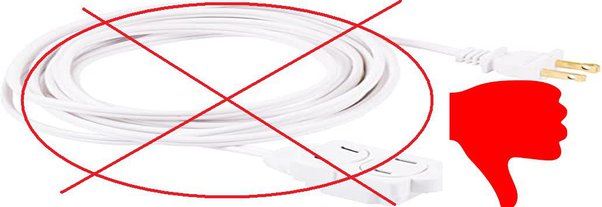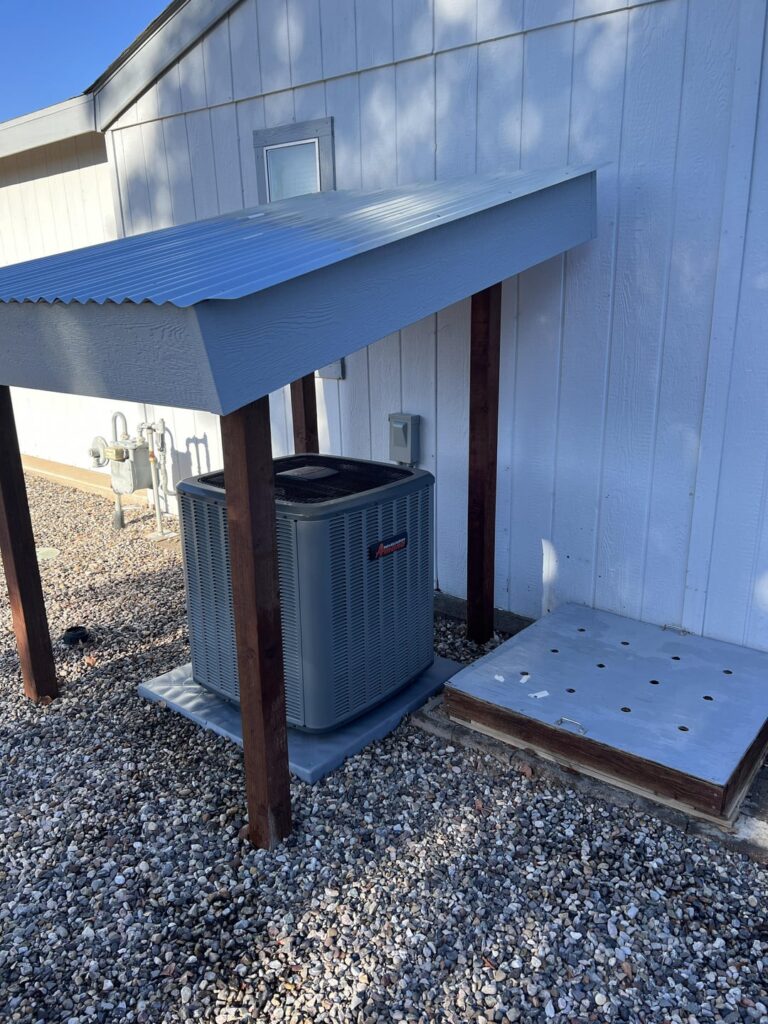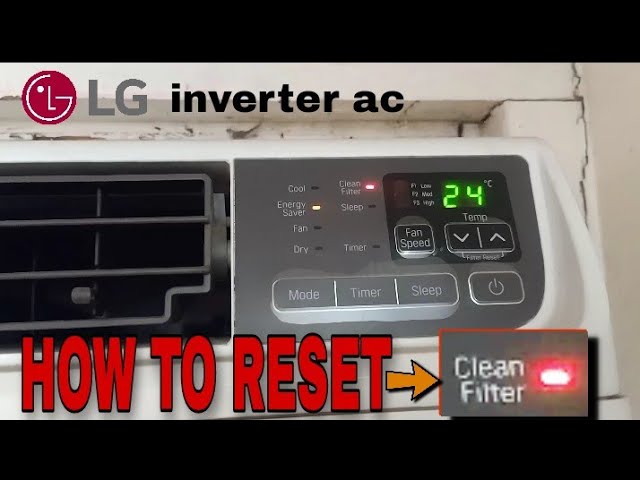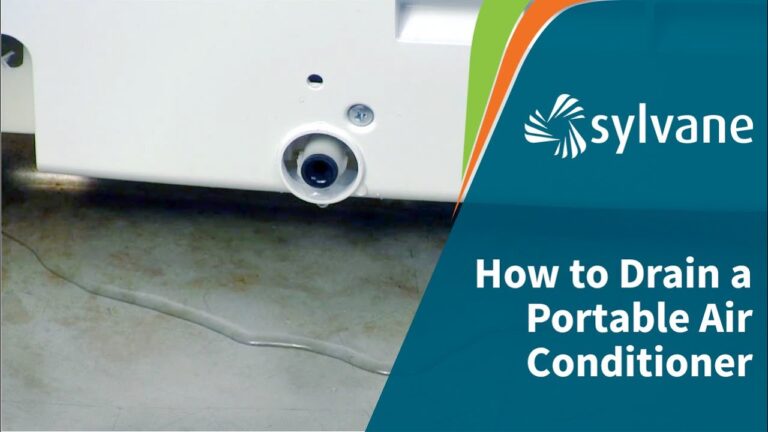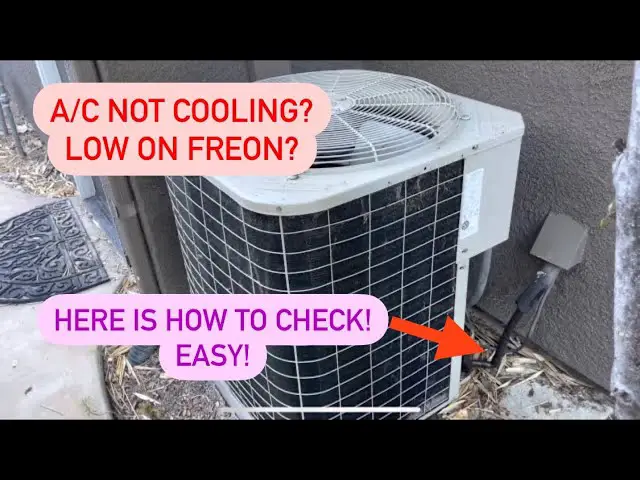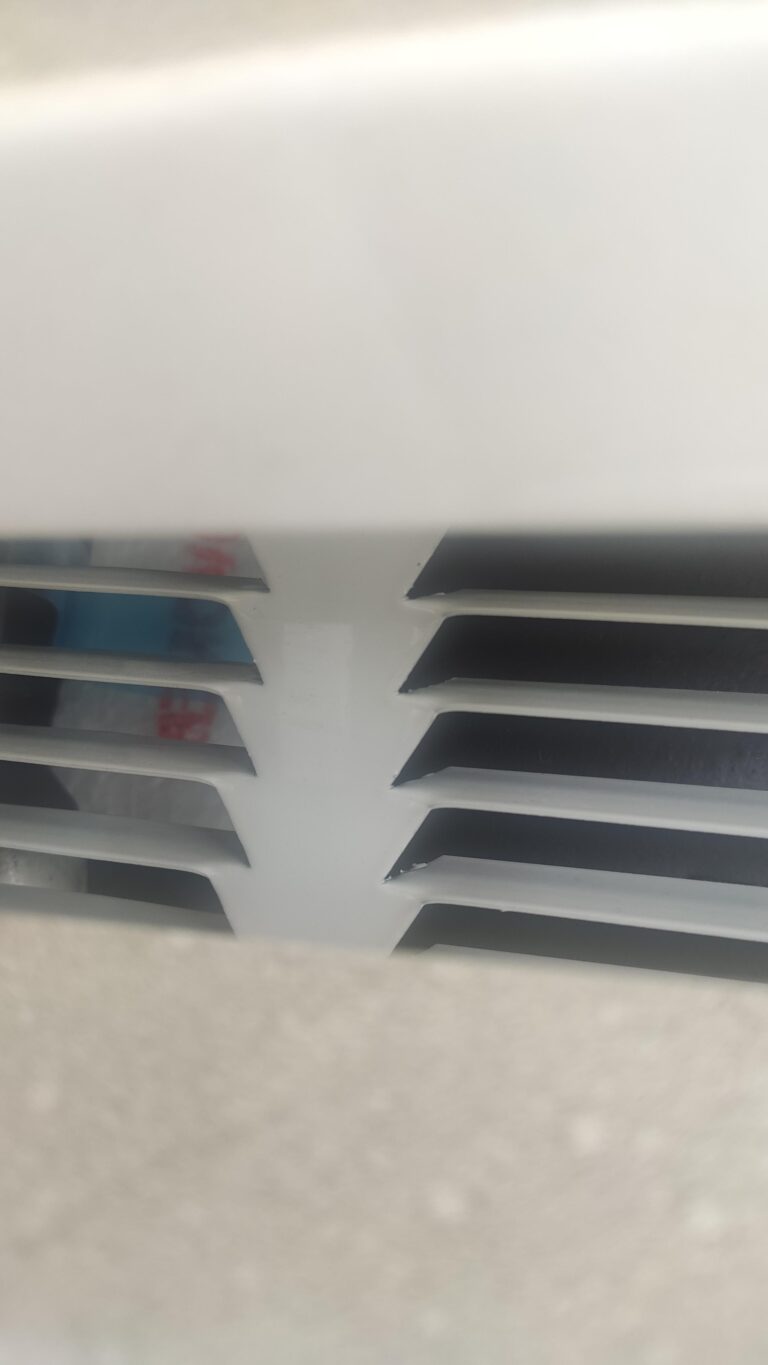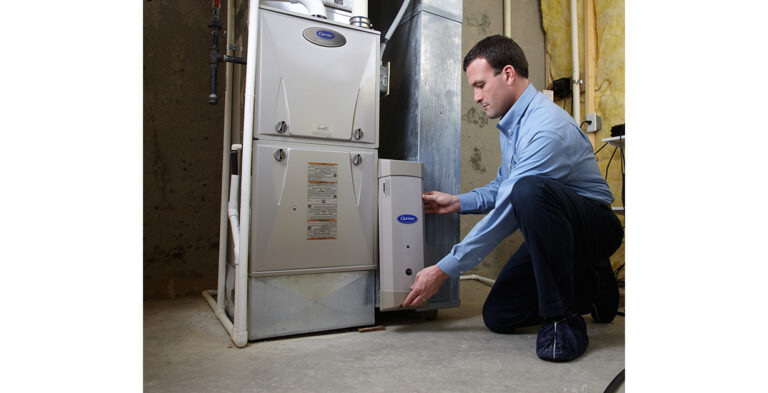Can I Plug My AC Into An Extension Cord?: Safety Tips & Advice
No, you should not plug your AC into an extension cord. It poses a risk of overheating and fire.
Air conditioners require a stable and high electrical current to operate efficiently. Extension cords often cannot handle the power load of an AC unit, leading to overheating and potential fire hazards. Always plug your air conditioner directly into a wall outlet to ensure safety and proper function.
Using an extension cord can also void the warranty of your AC unit. For optimal performance and safety, it’s essential to follow the manufacturer’s guidelines. Ensure that your home’s electrical system can support the demands of your air conditioner to avoid any electrical issues.
Introduction To Ac And Extension Cords
Air conditioners, or AC units, are essential appliances for many homes. They help keep indoor spaces cool and comfortable. On hot summer days, an AC can be a lifesaver. But, can you plug your AC into an extension cord? Let’s explore this topic.
Common Uses
Extension cords are handy tools in many households. They help us reach power outlets that are far away. Here are some common uses for extension cords:
- Plugging in holiday lights
- Powering yard tools
- Connecting home appliances
- Charging electronic devices
People often use extension cords for smaller devices. These include lamps, fans, and phone chargers. But what about larger appliances like air conditioners? This brings us to the potential risks.
Potential Risks
Plugging an AC into an extension cord can be risky. Here are some potential dangers:
| Risk | Explanation |
|---|---|
| Overheating | Extension cords can overheat and cause fires. |
| Voltage Drop | Long cords may cause a voltage drop, harming the AC. |
| Tripping Hazard | Cords across the floor can cause people to trip. |
Using an extension cord with an AC is not safe. It can lead to serious problems. Always check the manufacturer’s recommendations. They often advise against using extension cords.
Credit: www.quora.com
Why Proper Wiring Matters
Understanding why proper wiring matters can save you from many headaches. Plugging an AC into an extension cord sounds convenient. But it’s not always safe. Let’s explore why.
Electrical Load
Air conditioners draw a lot of power. This is called the electrical load. Extension cords have limits on how much load they can handle. Overloading a cord can cause it to overheat. Overheating can lead to fires.
Always check the power requirements of your AC. Compare it with the rating of your extension cord. If the cord can’t handle the load, it’s not safe to use.
Wire Gauge
The thickness of the wires in an extension cord is called the wire gauge. Thicker wires can handle more power. Thinner wires can’t handle as much power.
Extension cords come in different gauges. Common gauges are 16, 14, and 12. A lower number means a thicker wire. For example, a 12-gauge wire is thicker than a 16-gauge wire.
| Wire Gauge | Power Handling Capacity |
|---|---|
| 16-gauge | 13 amps |
| 14-gauge | 15 amps |
| 12-gauge | 20 amps |
For most air conditioners, use a 12-gauge cord. This will ensure safe operation. Always check the power rating first. Don’t guess!
Dangers Of Using Extension Cords With Ac Units
Plugging your AC unit into an extension cord can be dangerous. AC units need more power than other appliances. Using an extension cord can lead to many problems. Let’s explore the risks involved.
Fire Hazards
Extension cords are not made for high-power devices like AC units. They can overheat and cause a fire. This happens because they can’t handle the power load.
AC units draw a lot of electricity. If the cord is not strong enough, it will heat up. This heating can melt the insulation and start a fire.
A table showing power ratings of common extension cords:
| Extension Cord Type | Max Wattage |
|---|---|
| Light-Duty | 1625 Watts |
| Medium-Duty | 1875 Watts |
| Heavy-Duty | 2500 Watts |
Most extension cords are not suitable for AC units. This increases the risk of fire.
Overheating Risks
Extension cords can overheat when used with AC units. This is because they are not designed for such high power.
Overheating can damage the AC unit. It can also damage the extension cord. This can lead to electrical fires.
Signs of overheating include:
- Warm extension cord
- Burning smell
- Discolored plug or socket
These signs indicate that the cord is overheating. If you notice any of these signs, unplug the AC unit right away.
Using an extension cord with an AC unit is dangerous. It can lead to fire hazards and overheating risks.
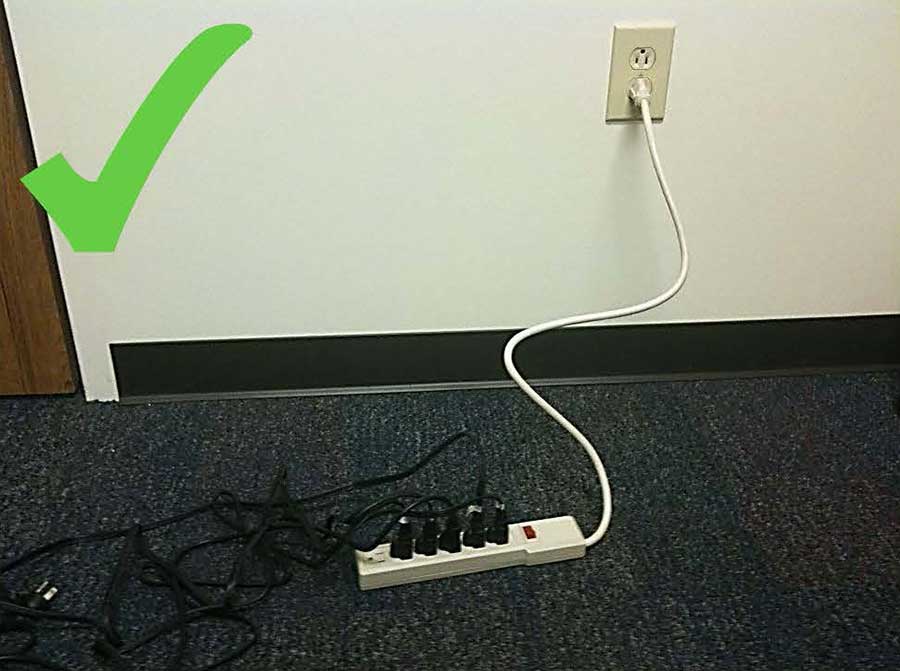
Credit: twu.edu
Choosing The Right Extension Cord
Choosing the right extension cord for your AC unit is crucial. The wrong cord can cause overheating or even fires. Below, we discuss key factors to consider.
Appropriate Length
The length of the extension cord is very important. A cord that is too long can cause voltage drops. This could make your AC unit work harder and less efficiently.
- Shorter cords are generally better for heavy appliances like AC units.
- Measure the distance from your AC to the outlet before buying.
Adequate Rating
Ensure the extension cord has the right rating for your AC unit. The rating indicates how much power the cord can safely handle.
| Rating | Usage |
|---|---|
| 10 Amps | Small appliances |
| 15 Amps | Medium appliances |
| 20 Amps | Large appliances like AC units |
Check your AC’s power requirements. Then, choose a cord that meets or exceeds that rating.
By considering the length and rating, you ensure safety and efficiency. Make sure to choose wisely!
Safety Tips For Using Extension Cords
Using an extension cord with your AC can be convenient. But, it’s important to follow some safety tips. This helps prevent accidents and ensures your AC works well. Here are some crucial safety tips to keep in mind:
Inspecting For Damage
Always check the extension cord before use. Look for cuts, frays, and exposed wires. If you see any damage, do not use the cord. Damaged cords can cause electric shocks or fires.
Also, check the plug ends. Make sure they are not bent or broken. A damaged plug can lead to poor connections and overheating.
Avoiding Overuse
Do not overload the extension cord. Each cord has a maximum capacity. Check the label on the cord to know its limit. Plugging too many devices can cause overheating and fires.
Use a heavy-duty extension cord for your AC. Light-duty cords are not designed to handle high power. They can overheat and become a fire hazard.
| Extension Cord Type | Suitable For |
|---|---|
| Light-Duty | Lamps, Clocks |
| Medium-Duty | TVs, Computers |
| Heavy-Duty | AC Units, Heaters |
Follow these tips to use your extension cord safely. This will protect your home and keep your AC running smoothly.

Credit: www.georgiaairrepair.com
Alternatives To Extension Cords
Using an extension cord for your air conditioner can be unsafe. It is crucial to explore safer alternatives. This ensures your home remains safe and your AC functions efficiently.
Dedicated Outlets
A dedicated outlet is the best choice for your air conditioner. This type of outlet is specifically for one appliance, ensuring it gets enough power without overloading.
Here are some benefits of using dedicated outlets:
- Safety: Reduces the risk of electrical fires.
- Efficiency: Ensures your AC runs at optimal performance.
- Longevity: Prolongs the life of your AC unit.
You might need a professional electrician to install a dedicated outlet. This is a worthwhile investment for your home and safety.
Power Strips
Power strips with surge protection are another alternative. They offer multiple outlets and protect your appliances from power surges.
| Feature | Benefit |
|---|---|
| Surge Protection | Protects your AC from voltage spikes. |
| Multiple Outlets | Allows you to plug in other devices safely. |
| Circuit Breaker | Shuts off power during overloads, ensuring safety. |
When choosing a power strip, ensure it can handle the wattage of your AC. Check the manufacturer’s instructions for more details.
Maintenance And Regular Checks
Ensuring your air conditioner is safe requires maintenance and regular checks. This is especially true if you use an extension cord. Regular upkeep prevents potential hazards and extends the life of your AC.
Routine Inspections
Performing routine inspections is crucial. Check the extension cord for any signs of wear. Look for fraying, cracks, or any visible damage. A damaged cord can cause electrical fires.
Make sure the extension cord is rated for heavy-duty use. Extension cords come in different ratings. Using the wrong one can be dangerous. Always use a cord that can handle the power of your AC.
Ensure the connections are secure. Loose connections can cause overheating. Overheating can lead to fires. Tighten any loose plugs or sockets.
| Inspection Task | Frequency |
|---|---|
| Check for wear and tear | Monthly |
| Verify cord rating | Every use |
| Ensure tight connections | Weekly |
Replacing Damaged Cords
Replacing damaged cords is vital for safety. If you see any damage, replace the cord immediately. Using a damaged cord can be very dangerous.
Choose the right replacement cord. It should match the power needs of your AC. Always opt for a heavy-duty extension cord.
- Unplug the AC and the damaged cord.
- Dispose of the damaged cord properly.
- Connect the new, rated extension cord.
Regular checks and maintenance can prevent many problems. Always prioritize safety when using an extension cord for your AC.
Expert Advice And Recommendations
Plugging your air conditioner into an extension cord might seem easy. But it’s important to follow expert advice and recommendations. This ensures the safety and efficiency of your AC unit.
Consulting An Electrician
An electrician can provide the best advice on using extension cords with AC units. They understand the electrical requirements of your AC. This helps in preventing any risks.
Electricians can inspect your home’s wiring. They ensure it can handle the load of an AC unit. This is crucial for older homes. They might have outdated wiring.
If you have doubts, always ask an electrician. They have the knowledge and tools to check everything.
Following Manufacturer Guidelines
Always read the manufacturer’s guidelines before using an extension cord with your AC. These guidelines are there for a reason. They help you avoid common mistakes.
Manufacturers specify the type of extension cord to use, if any. They mention the proper gauge and length. Using the wrong cord can damage your AC. It can also be a fire hazard.
Below is a table summarizing common manufacturer guidelines:
| AC Unit Type | Recommended Extension Cord Gauge | Maximum Cord Length |
|---|---|---|
| Portable AC | 12 gauge | 25 feet |
| Window AC | 14 gauge | 15 feet |
Follow these guidelines to keep your AC running safely. Ignoring them can lead to serious issues. Always prioritize safety over convenience.
Frequently Asked Questions
Can I Plug Ac Into A Power Strip?
Yes, you can plug an AC into a power strip, but it’s not recommended. Power strips might not handle the high current. Use a dedicated wall outlet for safety.
Can You Use A Extension Cord With A Power Conditioner?
Yes, you can use an extension cord with a power conditioner. Ensure the extension cord is high-quality and properly rated for the power load.
Can You Plug An Air Conditioner Into A Regular Outlet?
Yes, you can plug an air conditioner into a regular outlet. Ensure the outlet matches the unit’s voltage and amperage requirements.
Conclusion
Plugging an AC into an extension cord can be risky. Ensure the cord meets the AC’s power requirements. Opt for heavy-duty, grounded extension cords. This helps prevent overheating and fire hazards. Always prioritize safety and follow manufacturer guidelines. For long-term use, consider installing a dedicated outlet for your AC.

